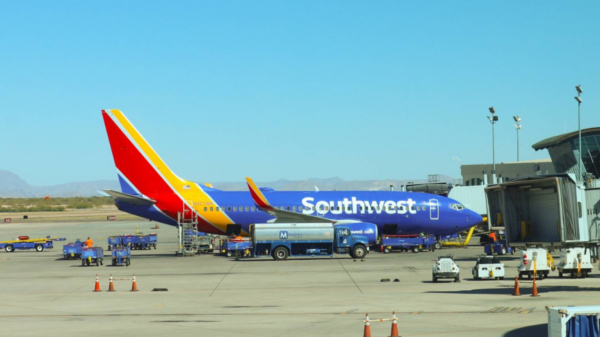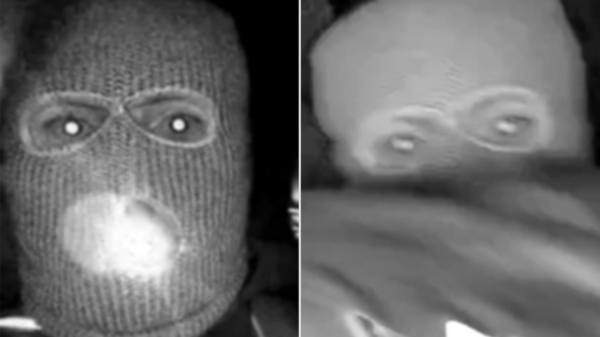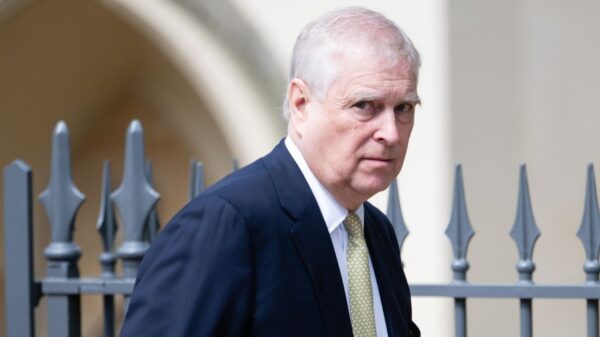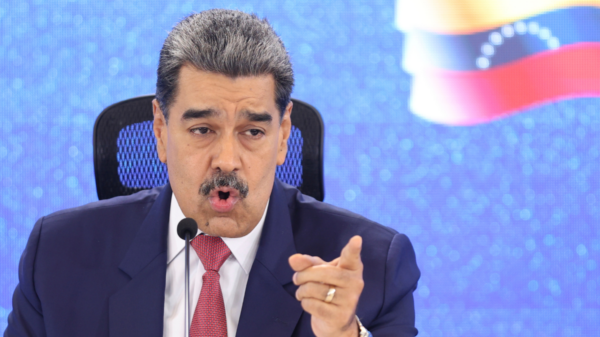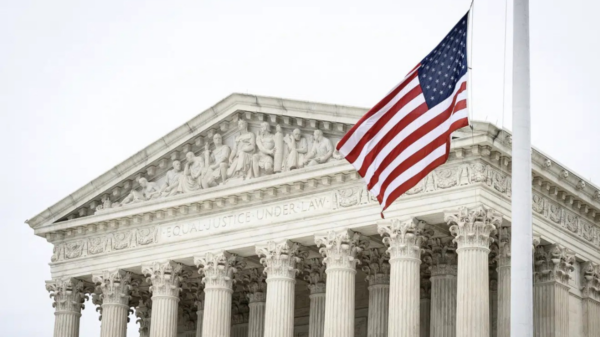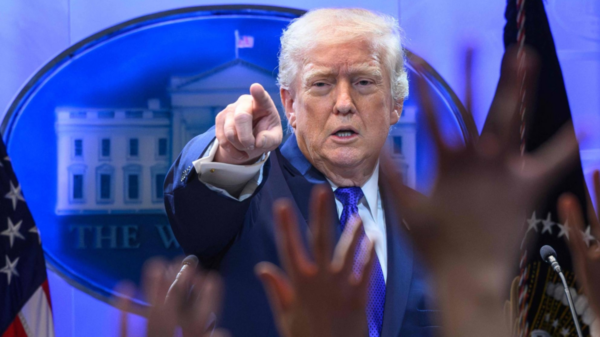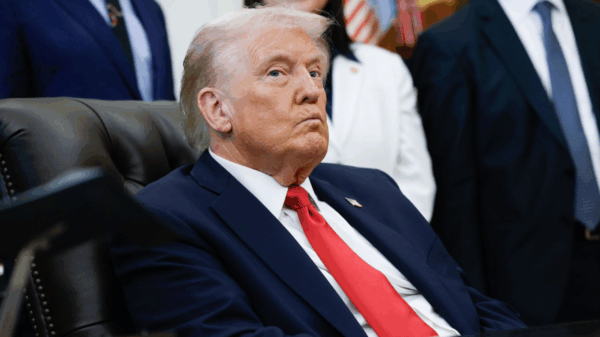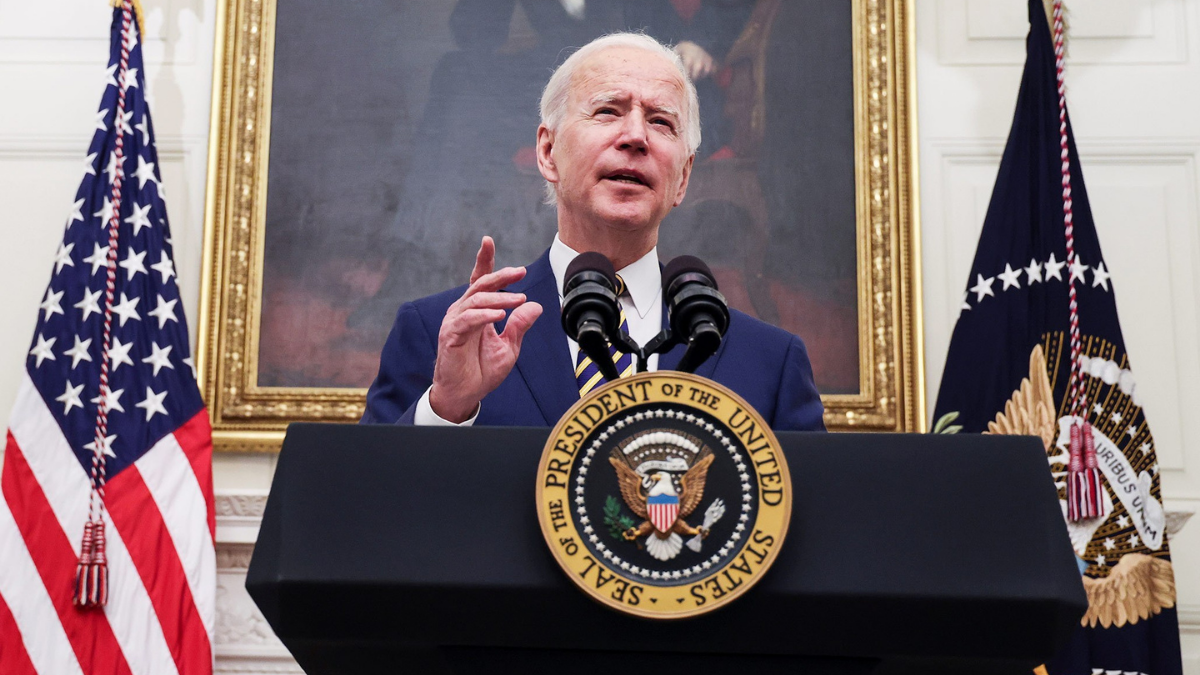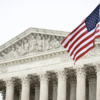President Joe Biden will reinstate the Covid-19 travel restrictions on non-US citizens who have been in Brazil, Ireland, the United Kingdom, and much of Europe, according to reports.
The decision, first reported by Reuters, will put the travel restrictions back in place that were waived by former President Donald Trump in his final days in office.
“I agree with the Secretary that this action is the best way to continue protecting Americans from COVID-19 while enabling travel to resume safely,” Trump wrote in the order at the time.
The restrictions were set to be lifted on Tuesday.
Mr. Biden and his administration are taking a more aggressive approach, including expanding restrictions in the case of South Africa, to combat the spread of the virus after Trump declined to continue the restrictions.
The President said on the campaign trail as well as his first full day in office that his decisions regarding the pandemic would be “based on science, not politics”, which led him to sign several coronavirus-related executive orders, including ramping up vaccination supplies and requiring international travelers to quarantine upon arrival in the United States.
The South African variant, which is not currently present in the United States, is reportedly 50 percent more infectious and has been detected in at least 20 countries.
Despite the South African variant not being detected in the U.S., at least 20 U.S. states have detected a U.K. variant, which British Prime Minister Boris Johnson says could be more fatal. Vaccines have proven to be effective against the U.K. variant.
Americans traveling to Ireland or the U.K. must have a negative Covid-19 test 72 hours prior to traveling along with proof of a completed Declaration of Traveler’s Health to enter Brazil. Anyone traveling to Spain, Germany, France, Italy and Sweden cannot enter the country without meeting specific health requirements.
The Centers for Disease Control and Prevention will sign an order Monday requiring masks on all airplanes, ferries, trains, subways, buses, taxis, and ride-share vehicles for all travelers two and older.
“As variants of the SARS-CoV-2 virus continue to emerge in countries around the world, there is growing evidence of increased transmissibility of some of these variants, as well as unknown health and vaccine implications,” a CDC spokesman said in a statement. “Testing before and after travel is a critical layer to slow the introduction and spread of COVID-19 and emerging variants.”



